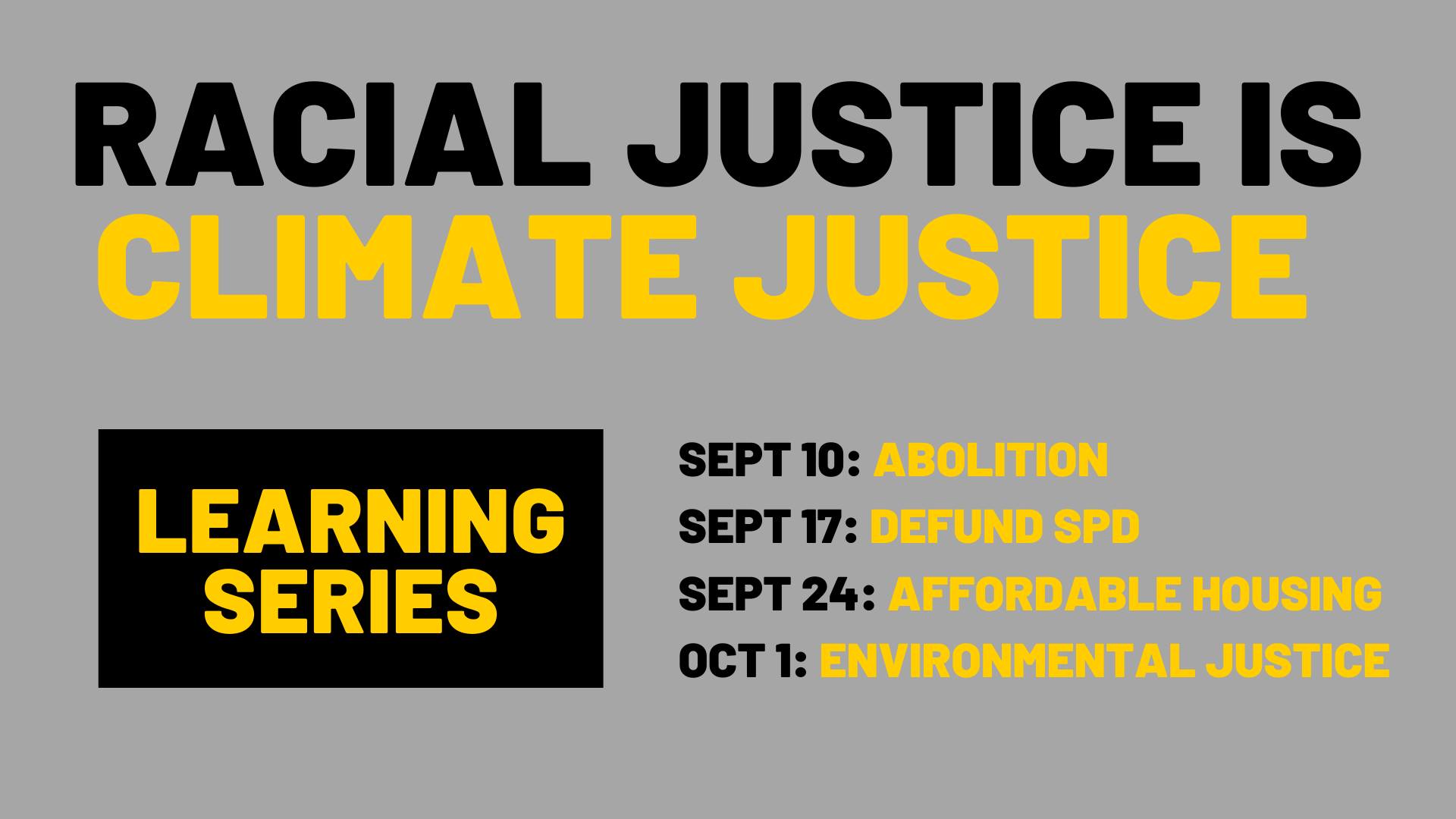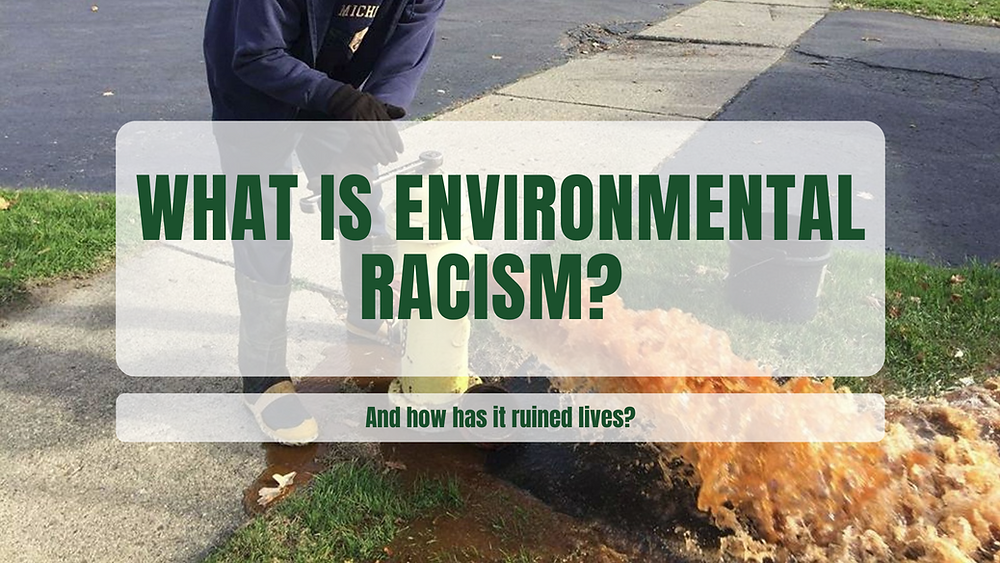Fighting Environmental Racism in Houston Texas Communities

The Unseen Struggle: Environmental Racism in Houston, Texas Communities

Houston, Texas, is a city known for its rich cultural diversity and thriving economy. However, beneath its prosperous surface, many communities in Houston are struggling with a silent yet devastating issue: environmental racism. This form of systemic racism disproportionately affects communities of color, exposing them to hazardous environmental conditions that put their health, livelihoods, and very lives at risk.
What is Environmental Racism?

Environmental racism refers to the disproportionate impact of environmental hazards on communities of color. These hazards can include pollution, toxic waste, poor air and water quality, and lack of access to green spaces. Environmental racism is often the result of discriminatory policies, practices, and attitudes that perpetuate the marginalization of already vulnerable populations.
Houston's History of Environmental Racism

Houston’s history of environmental racism dates back to the early 20th century, when African American and Latino communities were deliberately placed near industrial facilities, toxic waste sites, and other environmental hazards. The city’s zoning laws and urban planning policies reinforced this segregation, solidifying the connection between environmental degradation and racial inequality.
The Health Impacts of Environmental Racism

The health impacts of environmental racism in Houston are stark and alarming. Communities of color are more likely to suffer from respiratory problems, such as asthma, due to poor air quality. They are also more likely to be exposed to toxic chemicals, which can cause cancer, neurological damage, and other serious health problems.
Some of the most polluted areas in Houston include:
- The Houston Ship Channel: A major industrial hub, where toxic chemicals and heavy metals have contaminated the air, water, and soil.
- The Northside: A predominantly Latino neighborhood, where residents are exposed to hazardous waste from nearby industrial facilities.
- The Fifth Ward: A historically African American community, where residents are surrounded by toxic waste sites, industrial facilities, and poor air quality.
Fighting Back Against Environmental Racism

Despite the overwhelming odds, communities in Houston are fighting back against environmental racism. Grassroots organizations, advocacy groups, and individual residents are working tirelessly to raise awareness, mobilize support, and demand change.
Some notable initiatives include:
- The Houston Environmental Justice Network: A coalition of community groups, advocacy organizations, and individuals working to address environmental racism in Houston.
- The Fifth Ward Community Redevelopment Corporation: A community-led initiative to revitalize the Fifth Ward neighborhood, improve environmental conditions, and promote economic development.
- The Texas Environmental Justice Advocacy Services: A statewide organization providing support, resources, and advocacy for communities affected by environmental racism.
Steps Towards a More Equitable Future

To combat environmental racism in Houston, we must take a multi-faceted approach that addresses the root causes of this issue. Here are some steps towards a more equitable future:
- Increase community engagement and participation: Encourage community members to participate in decision-making processes, provide education and resources, and amplify their voices.
- Implement policy changes: Advocate for policy reforms that prioritize environmental justice, address systemic racism, and promote equitable distribution of resources.
- Support community-led initiatives: Fund and support community-led initiatives, organizations, and projects that address environmental racism and promote environmental justice.
- Hold corporations and government accountable: Demand accountability from corporations and government agencies responsible for environmental degradation and systemic racism.
🚨 Note: Community engagement and participation are crucial in the fight against environmental racism. By amplifying community voices and providing education and resources, we can build a more equitable and just future for all.
Conclusion

Environmental racism is a complex, deeply entrenched issue in Houston, Texas. However, by acknowledging the problem, amplifying community voices, and working towards policy changes and community-led initiatives, we can begin to dismantle this system of oppression. As we strive for a more equitable future, we must remember that environmental justice is not just a moral imperative, but a fundamental human right.
What is environmental racism?

+
Environmental racism refers to the disproportionate impact of environmental hazards on communities of color. This can include pollution, toxic waste, poor air and water quality, and lack of access to green spaces.
How can I get involved in the fight against environmental racism in Houston?

+
You can get involved by joining local organizations, attending community events, participating in advocacy campaigns, and supporting community-led initiatives. You can also amplify community voices by sharing their stories and demands on social media.
What are some key policy changes that can address environmental racism in Houston?

+
Some key policy changes include increasing community engagement and participation, implementing environmental justice policies, promoting equitable distribution of resources, and holding corporations and government accountable for environmental degradation and systemic racism.